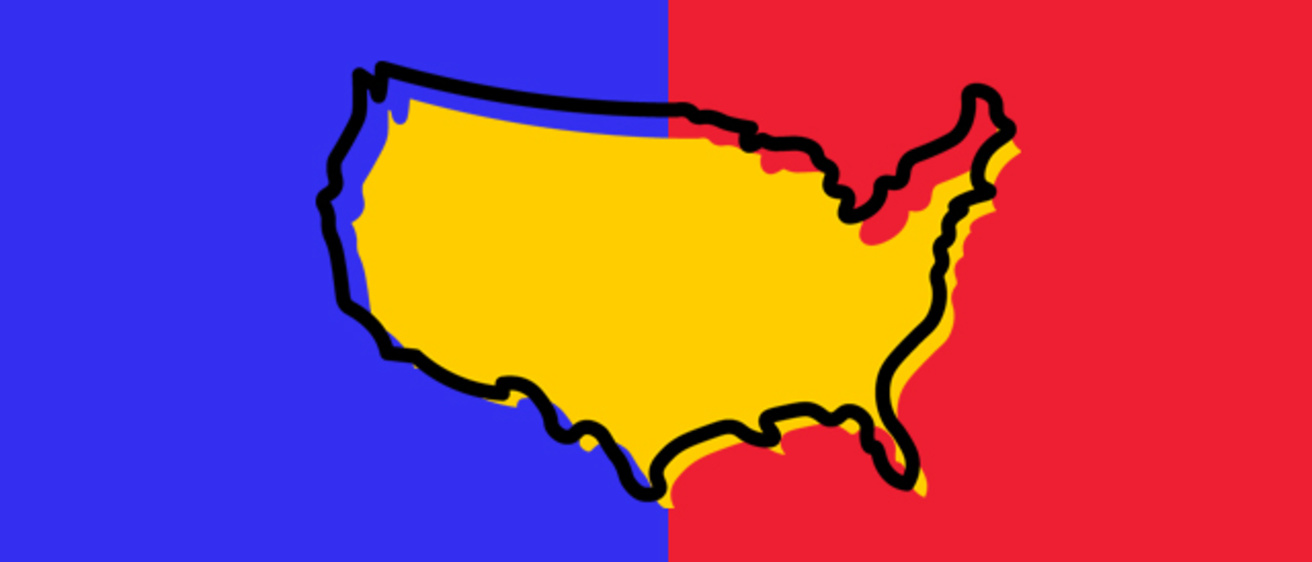As more businesses stake out political positions on hot button issues, a new study from a researcher at the Tippie College of Business finds they might be making it difficult to recruit top employees because a significant number of job seekers consider those positions when deciding where to apply.
In recent years, increasing numbers of companies have begun to publicly advocate political positions on current issues, such as climate change, race relations, and immigration. Starbucks and Ben & Jerry’s, for instance, have made their support of liberal causes a part of their brands, while Hobby Lobby and Chick-Fil-A have similarly embraced conservative positions.
But Chad Van Iddekinge, professor of management and entrepreneurship at the University of Iowa's Tippie College of Business, says those companies risk alienating potential talent who don’t share their views. His study surveyed more than 300 working professionals seeking new employment and found:
—58% said a potential employer’s political views were at least somewhat important, and another 36% said they were strongly important.
—40% strongly agreed with the statement that they would be discouraged from applying at a company that takes public political positions that differ from their own.
—34% said they would withdraw an application if they found out they disagreed with an employer’s political positions after submitting a resume.
—54% would be less likely to accept an offer from an employer they discovered had opposing political views after they applied.
Van Iddekinge said the study suggests that if 10 million people are looking for jobs—a conservative estimate—then a company’s political positions are influencing as many as 4 million of them. This suggests companies may be harming their ability to recruit talented employees who hold opposing viewpoints, reducing the size of the talent pool and worker productivity. He said they also risk turning their businesses into self-sorted bubbles of like-minded people that lack varied thought.
He said it might even be one reason why so many employers are having a difficult time filling vacancies today.
“Put simply, affiliating with a particular political party or taking stances on political issues will turn off some applicants,” he says. Further, he says the data suggest that since many job seekers do not apply to organizations due to their political affiliations, organizations may not realize how their positions are influencing their recruiting because they have resumes only from those who choose to apply.
The study, “Organizational Political Affiliation and Job Seekers: If I Don’t Identify with Your Party, am I Still Attracted?” was co-authored by Philip Roth of Clemson University, John Arnold of the University of Missouri, H. Jack Walker of Auburn University, and Liwen Zhang of the University of New South Wales in Australia. It was published in the Journal of Applied Psychology.
MEDIA CONTACT: Tom Snee, 319-384-0010 (o); 319-541-8434 (c); tom-snee@uiowa.edu
